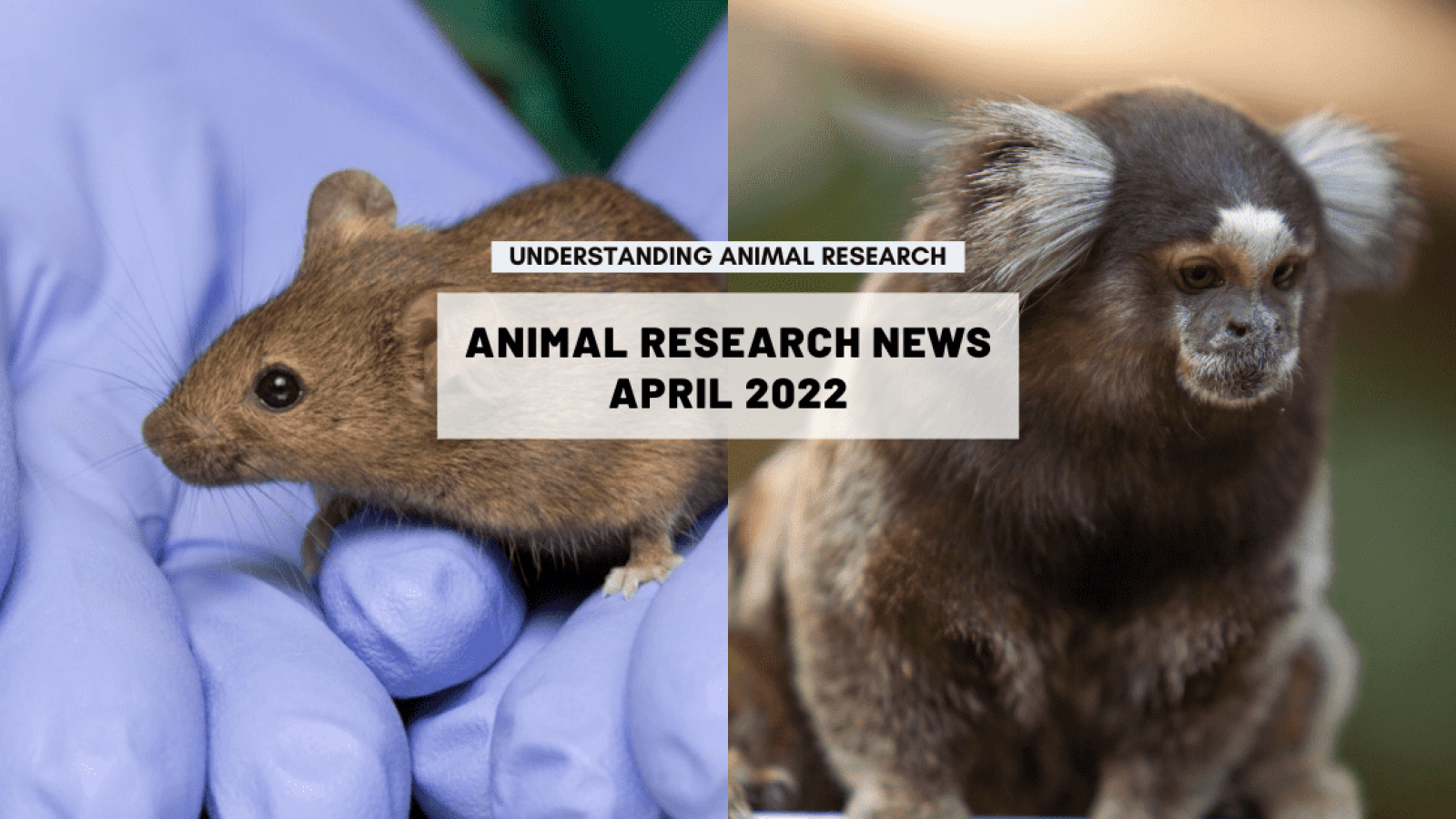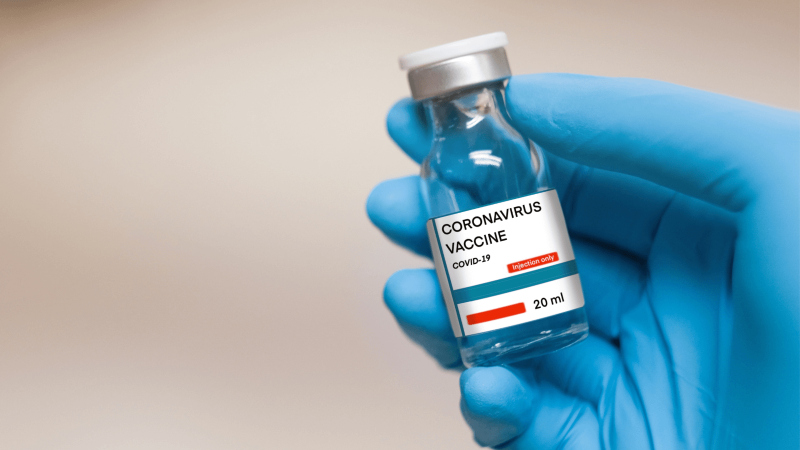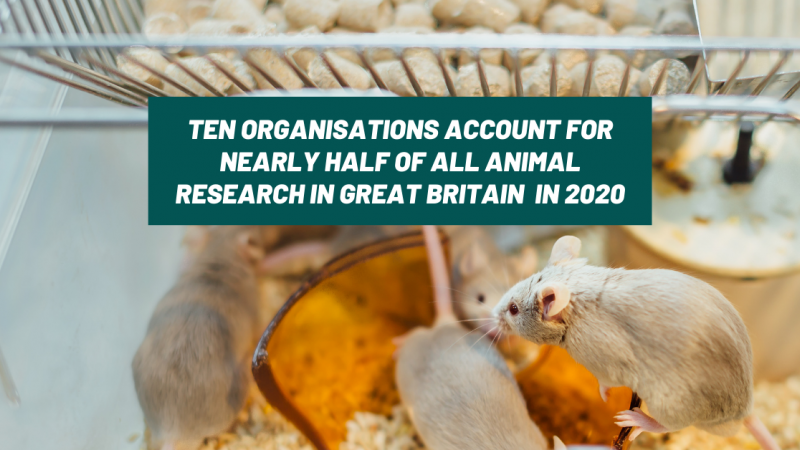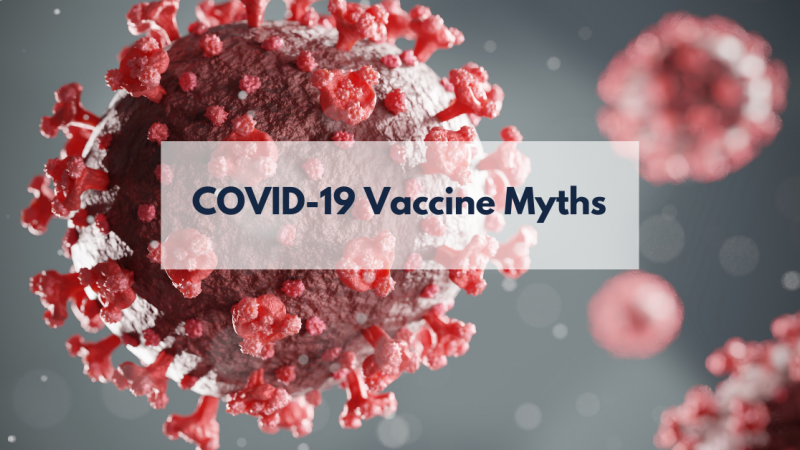COVID-19 research
New research involving mice genetically engineered to express the same receptors that the COVID-19 virus attaches to in humans, has shown that a novel nasal spray can prevent infection from SARS-CoV-2. The team from Cornell University and the University of British Columbia developed a nasal spray that contains a molecule, known as N-0385, that prevents the COVID-19 virus from entering human cells.
The nasal spray was effective at reducing signs of disease when administered to mice that had been exposed to the original COVID-19 strain, and Alpha and Delta variants. It has yet to be tested against Omicron, but the researchers expect it to remain effective and hope to move to human trials soon.
Nasal sprays to protect against COVID are a popular area of research, we mentioned nasal spray research taking place at the University of Helsinki in our January news but research is taking place all over the world. The mechanism could allow users to top up their protection regularly, without the need for vaccine boosters, in an effective way of combatting one of the most infectious airborne viruses known to humanity.
Source: New Atlas
Meanwhile, another research group has used hamsters to reveal why COVID-19 infection can lead to chronic pain. These insights could lead to the development of new therapies for patients suffering from acute and long Covid, as well as other pain conditions.
Source: Medical Xpress
Preventing clogged arteries in mice
As we grow older our chance of developing atherosclerosis increases. This involves the thickening of arteries caused by a build-up of plaque and is a major cause of heart attacks and strokes.
New research from Albert Einstein College of Medicine has shown that a build-up of plaque can be reduced in genetically altered mice. Chaperone-mediated autophagy (CMA) is a process that keeps cells functioning by selectively degrading cellular proteins. When CMA was increased in mice fed a diet to promote atherosclerosis, plaque build-up was reduced. While these mice were genetically engineered to produce more CMA than the study’s control mice, the team have begun developing drug compounds that have shown promise at effectively increasing CMA activity in most mice tissue and in human-derived cells.
Source: Science Daily
Marmoset monkeys solve hearing tests on the touchscreen
A team of researchers in Germany have developed a training programme, using marmoset monkeys, to help improve the quality and safety of hearing implants. The animals voluntarily complete a series of tests from their home-cage environment, which involves them hearing different sounds and having to match them to previously learned visual stimuli by clicking on a touchscreen. This allows the researchers to track which sounds the monkeys can hear and discriminate.
Source: Science Daily
Parkinson’s, malaria, and vaccine awareness
We recognised World Parkinson's Day, World Malaria Day, and World Immunology Day this month.
For World Parkinson’s Day, we discussed the animal research involved in connecting the role of dopamine in the brain and Parkinson’s, how mice continue to be used in the development of treatments for the disease, and why more research is being undertaken in early diagnosis.
Read our article: Parkinson’s disease: What are we looking for now?
Take a look at our recent post on Instagram to find out how animal research has been integral to improving our understanding of malaria and how to treat it.
For World Immunology Day we highlighted the essential role of animal research in the development of vaccines, most recently for preventing COVID-19.
Openness in animal research
In their work to support the Concordat on Openness on Animal Research, signatory organisations have developed websites that explain why they conduct, fund and support research using animals. We recently spoke to the University of Cambridge on what makes their animal research webpage award-winning. Read our article: How to create a sector-leading website on animal research Every April our friends in the US, Americans for Medical Progress, host Biomedical Research Awareness Day (BRAD), a global social media that aims to highlight the use of animals in research. Check out our post that highlights why the UK's top two most used research species, mice and fish, are essential in the development of new medicines.
Last edited: 25 August 2022 10:50




